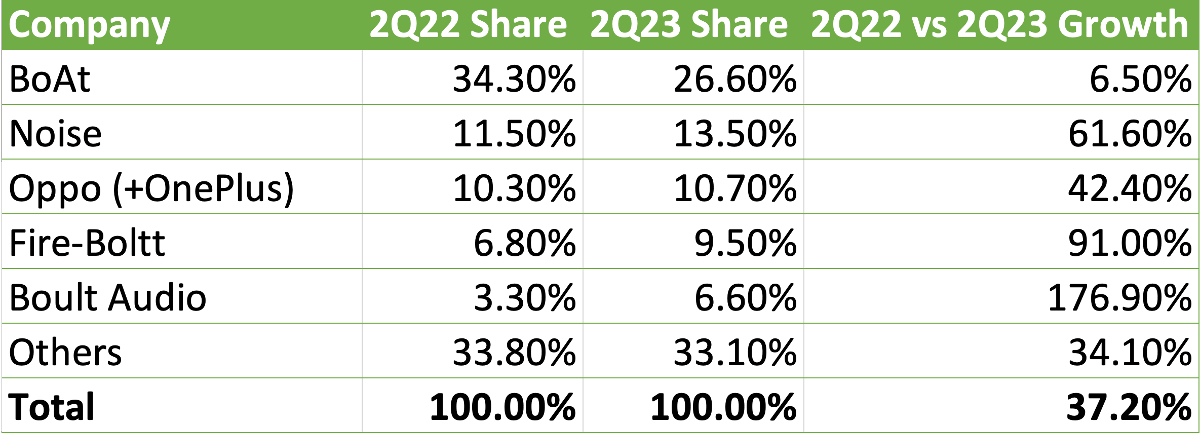Republican presidential candidate, former U.S. President Donald Trump speaks at a campaign event on January 06, 2024 in Newton, Iowa.
Anna Moneymaker | Getty Images
WASHINGTON — The former Internal Revenue Service contractor who leaked the tax records of former President Donald Trump to The New York Times as well as the tax records of billionaires like Jeff Bezos and Elon Musk to ProPublica was sentenced Monday to five years in prison.
Charles Littlejohn pleaded guilty in October, and prosecutors sought the statutory maximum of five years in federal prison, saying that he “abused his position by unlawfully disclosing thousands of Americans’ federal tax returns and other private financial information to multiple news organizations.” Prosecutors said that Littlejohn “weaponized his access to unmasked taxpayer data to further his own personal, political agenda, believing that he was above the law.”
Littlejohn was sentenced by U.S. District Judge Ana C. Reyes at a hearing at the federal courthouse in Washington. He will also have to pay a $5,000 fine.
“You can be an outstanding person and commit bad acts,” Reyes said. “What you did in targeting the sitting president of the United States was an attack on our constitutional democracy,” she added.
Reyes compared Littlejohn’s actions to other recent attacks and threats against elected officials as well as to Jan. 6 defendants she has recently sentenced. She described his actions as a deliberate, complex, multiyear criminal scheme, but said she believed he “sincerely felt a moral imperative” to act as he did.
Littlejohn’s attorney argued that he had committed the offense “out of a deep, moral belief that the American people had a right to know the information and sharing it was the only way to effect change” and that he believed he was right at the time.
While Littlejohn’s conduct was “inexcusable,” his lawyer said, and “breached the trust placed in him by the United States government and violated the privacy of thousands of taxpayers,” a “strong message of general deterrence” had already been sent to the public.
Littlejohn, 38, who grew up in St. Louis, Missouri, briefly addressed the court before receiving his sentence, saying that he “acted out of a sincere but misguided belief that I was serving the public.”
Taxpayers deserved to know how easy it was for the wealthy to avoid paying into the system, Littlejohn added, saying he believes that Americans make their best decisions when properly informed.
“I made my decision with the full knowledge that I would likely end up in a courtroom,” he said.

























































